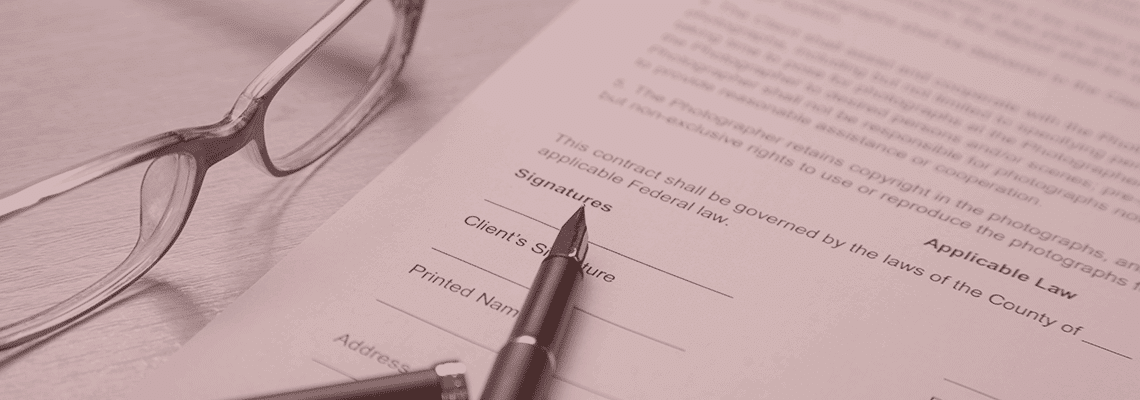The relationship between an owner, their business, and the business as a legal entity can be essential to the long-term success of the organization. Careful thought must be given to whether a business is best served as a corporation, a partnership, a joint venture, a limited liability company, a sole proprietorship, or an array of other business structures. The structure of a business has implications for what taxes will be paid, how the business’s credit will operate, and what will happen if the business is sued. Sole Proprietorship For many new businesses in Texas, the simplest way to structure a business is a sole proprietorship. There are two types of sole proprietorships: ones that operate under the owner’s name and those that use a fictitious name. For example, if Brad Smith created a childcare business as a sole proprietorship, he could operate the business as “Brad Smith” or as “Fairy-Tale Daycare.” Fairy-Tale Daycare is a fictitious name. Brad Smith is “Doing Business As” (DBA) Fairy-Tale Daycare. Regardless of the name, the legal entity is Brad Smith.
The simplicity of a sole proprietorship may seem appealing, but this simplicity comes with serious risks to the business owner. Since the business is the same legal entity as the person, parties have the ability to go after not only the assets of the business but also any personal assets of the owner if issues arise. This includes bank assets, land holdings, investments, and most other kinds of personal property.
DBAs As mentioned before, sole proprietors can rename their company something else for marketing purposes. Creating a fictitious name (i.e. creating a DBA) is a fairly straightforward process. Many states require that DBAs register with the government to avoid infringement on existing rights to brands and names. Establishing a DBA does not change a sole proprietorship into a different legal entity. The business and the owners are one and the same.
Corporations One of the safest, most proven, and most popular business structures is the corporation. Corporations are legal entities that the law treats as legal persons under a concept known as “legal personality.” Because corporations have legal personality, they have their own identity and existence separate from the business owner. Corporations pay taxes and have the ability to makes contracts separately from the owners. Most importantly, corporations hold assets separately from the owners.
The largest benefit of incorporation is that it provides owners/stockholders with protection against liability. As a separate legal personality, a corporation shields owners as long as the business adheres to the rules and laws governing corporations. This “corporate shield” can make it difficult, if not impossible, for parties to go after owners in many situations. Creditors and other parties who do business with the corporation can be limited to going after the assets of the corporation rather than the assets of the owner. Incorporation does not provide protection from everything, but it is often considered the best defense against personal liability that a business owner can take.
The Dangers of DBAs
Doing business as a DBA can lull sole proprietors into a false sense of security. Despite having different names, the owner and a DBA are legally the same. If a sole proprietorship is carrying debt, the owner is liable to creditors whether it is a DBA or not. Conversely, if a business is incorporated, creditors and other parties can be limited to going after the assets of the corporation.
The consequences of misunderstanding the legal personality of a business can be even more severe in situations involving lawsuits. Litigation is a real threat to businesses. Over one-hundred-million cases are filed in US state courts every year. It is important to understand that a DBA does not protect owners from lawsuits the same way as a corporation. Business owners should be especially careful if they have premises that are open to the public or if they have significant contracts with vendors.
Avoiding Potential Liability
Many sources of liability may not be immediately apparent. Insurance is often inadequate protection and even if a business is not structured as a DBA, there are some situations where incorporation cannot protect owners. Using the daycare example, if Brad is personally negligent and a child is injured or if Brad is accused of abuse, being incorporated will not protect him. Treaty Oak ELG can help owners find out what a business’s vulnerabilities are before they become problems.

